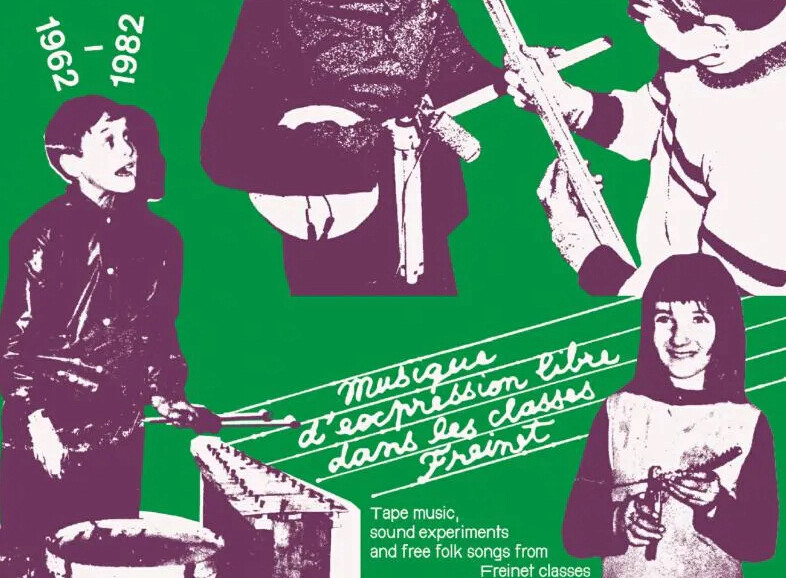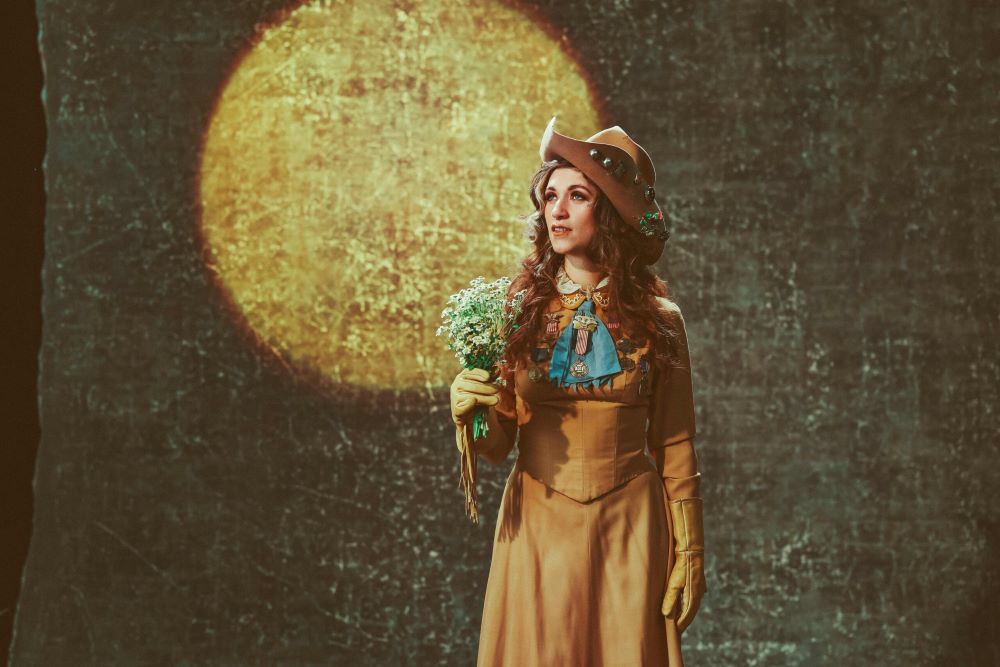
The recently released compilation from French label Born Bad Records is a kind of object lesson in true musical innocence, primitivism and an innately non-pretentious DIY that adds up to one of the more unique releases barreling across the Jacksonville Music Experience radar.
Recorded from 1962-1982, the compilation Prends Le Temps D’Ecouter – Musique d’expression libre dans les classes Freinet (Translation: Tape Music, Sound Experiments and free folk songs from Freinet Classes) are recordings of the musical offerings from students (aged from 12 to 18 years old) then-taught under the auspices of radical educational reformer Célestin Freinet. In the early 20th-century, Freinet (1896-1966) founded the Mouvement de l’École moderne (“Modern School Movement”). In 1964, he issued his teaching protocols which he called the Pedagogical Code. The 30-point code essentially promoted a new vision of education based on experiential learning in lieu of a grading system (i.e. #19. “Grades and rankings are always a mistake”) self-governance, democratic classroom dynamics,and students ultimately having a say on both the curriculum and how they learn. The code was implemented with a series of flashing lights (green, red, and orange) ostensibly as a psychological guide for the educators to rate their own personal experience and self-rated effectiveness as teachers.
Keeping that context and intention in mind, what we are left with in the form of Temps D’Ecouter (“Time to Listen”) is a 23-track compilation of students exploring songwriting, improvisation and magnetic-tape experiments with no constraints. The music ranges from chanson-style balladry to chanting with sole accompaniment of a banging sound.
A standout track is “Metallophone, Basse, Xylophone, Batterie.” Performed by a small group of nine and ten-year-old students, the performance is a weirdly affecting two minutes of eerie gamelan-style percussive mutterings that finds kinship with non-short-pants musical seekers like Don Cherry, the Art Ensemble of Chicago and the Sun City Girls. On pure principle and arid anthropology, the compilation is an interesting mash-up of 20th-century progressive education, countercultural “freak-freely-ism” and the availability of mobile recording technology. But as a treasure trove of totally non-self-conscious musical ideas, the compilation is both haunting and hilarious.
If your knowledge of Francophile kid music begins and ends with the ‘90s novelty house music of the diminutive Jordy, and you’re looking for an inventive way to kick off (or shut down) a party, search no further than the fascinating and inviting world contained within Temps D’Ecouter.

Mr. Al Pete and Notsucal Release Their Latest Collab, ‘G4.5’

Dinner Party, Tom Misch and More from the Neighborhood with Mr. Al Pete

An Ultra-Chill Playlist from the Latest Episode of Electro Lounge

Sing Out Loud Festival Returns With Hozier, Beabadoobee, Father John Misty, Vance Joy and More

Chicago Alt-Country Faves Wilco Return to St. Augustine with Indie-Folk Great Waxahatchee

Looking for an Alternative to Spotify? Consider Hopping on the band(camp) Wagon

Khruangbin to Bring ‘A LA SALA’ Tour to St. Augustine in April

Perfume Genius, Flipturn, Tamino + Mitski and 6 New Songs to Stream

Song of the Day | “all tied up” by Glixen

Lucy Dacus, Babe Rainbow, Pigeon Pit and 7 New Songs to Stream
JME Live Music Calendar


Want more live music? We got you…









